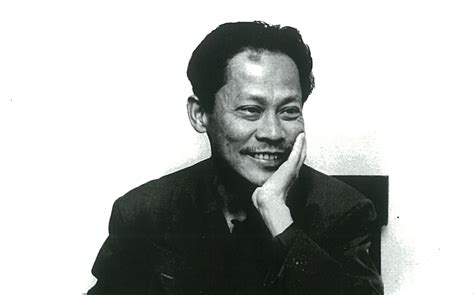A Quote by Oscar Wilde
A critic should be taught to criticise a work of art without making any reference to the personality of the author.
Related Quotes
It has been the error of the schools to teach astronomy, and all the other sciences, and subjects of natural philosophy, as accomplishments only; whereas they should be taught theologically, or with reference to the Being who is the author of them: for all the principles of science are of divine origin. Man cannot make, or invent, or contrive principles: he can only discover them; and he ought to look through the discovery to the Author.
I was making my work as transparent as possible, without equivocations, without calling attention to itself, without apology. There's a lot of conventions in the art world that are not to be transgressed, but my economy of means doesn't abide by those strictures. There's no reason to abide by them. I don't have any vested interest in it.
Technique is really personality. That is the reason why the artist cannot teach it, why the pupil cannot learn it, and why the aesthetic critic can understand it. To the great poet, there is only one method of music - his own. To the great painter, there is only one manner of painting - that which he himself employs. The aesthetic critic, and the aesthetic critic alone, can appreciate all forms and all modes. It is to him that Art makes her appeal.
Now culture being a social product, I firmly believe that any work of art should have a social function to beautify, to glorify, to dignify man... Since any social system is forced to change to another by concrete economic forces, its art changes also to be recharged, reshaped, and revitalized by the new conditions... The making of a genuine artist or writer is not mysterious. It is not
the work of Divine Providence. Social conditions, history, and the people's struggle are the factors behind it.
Damien Hirst's Mother and Child Divided (1993) is a work which can at first glance be read as nothing more than two brutally severed carcasses. "A freak show" was how the art critic of the Sunday Telegraph responded to its presentation in the Turner Prize in 1995. For me, the undoubted shock, even disgust provoked by the work is part of its appeal. Art should be transgressive. Life is not all sweet.
No publisher should ever express an opinion on the value of what he publishes. That is a matter entirely for the literary critic to decide. I can quite understand how any ordinary critic would be strongly prejudiced against a work that was accompanied by a premature and unnecessary panegyric from the publisher. A publisher is simply a useful middle-man. It is not for him to anticipate the verdict of criticism.





































